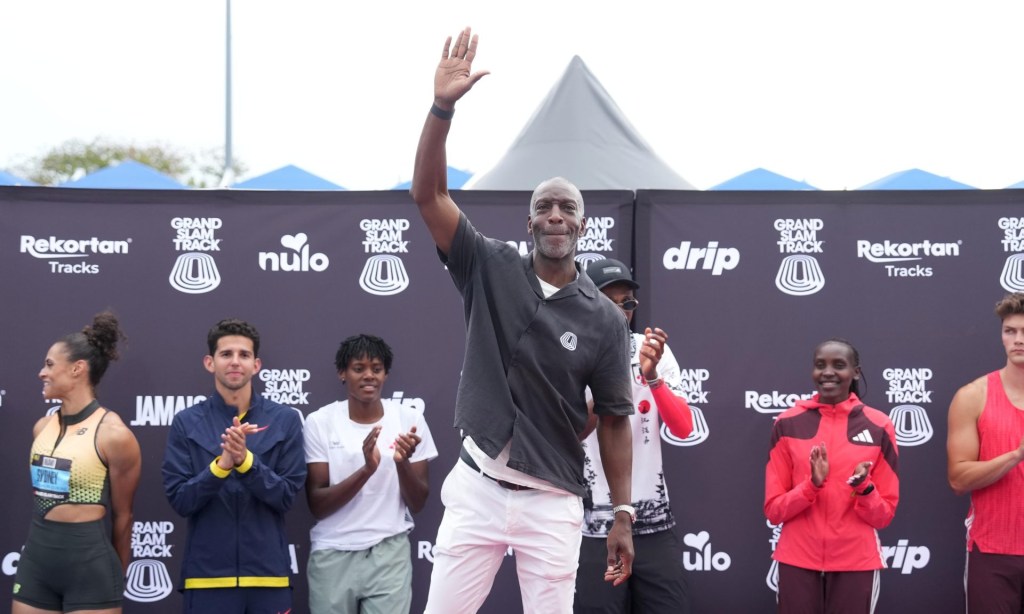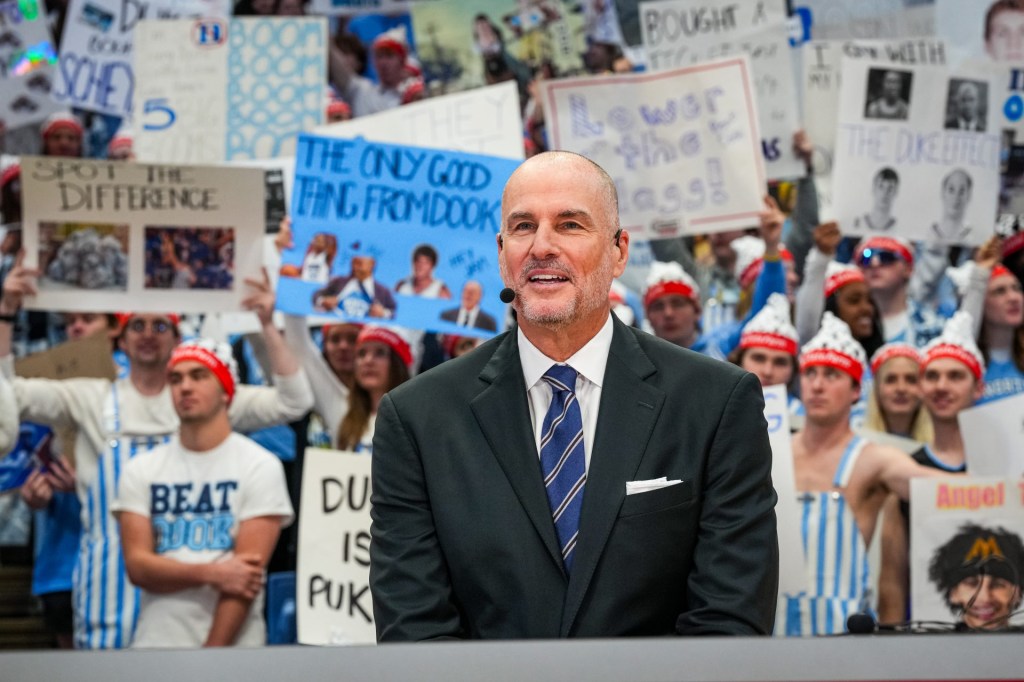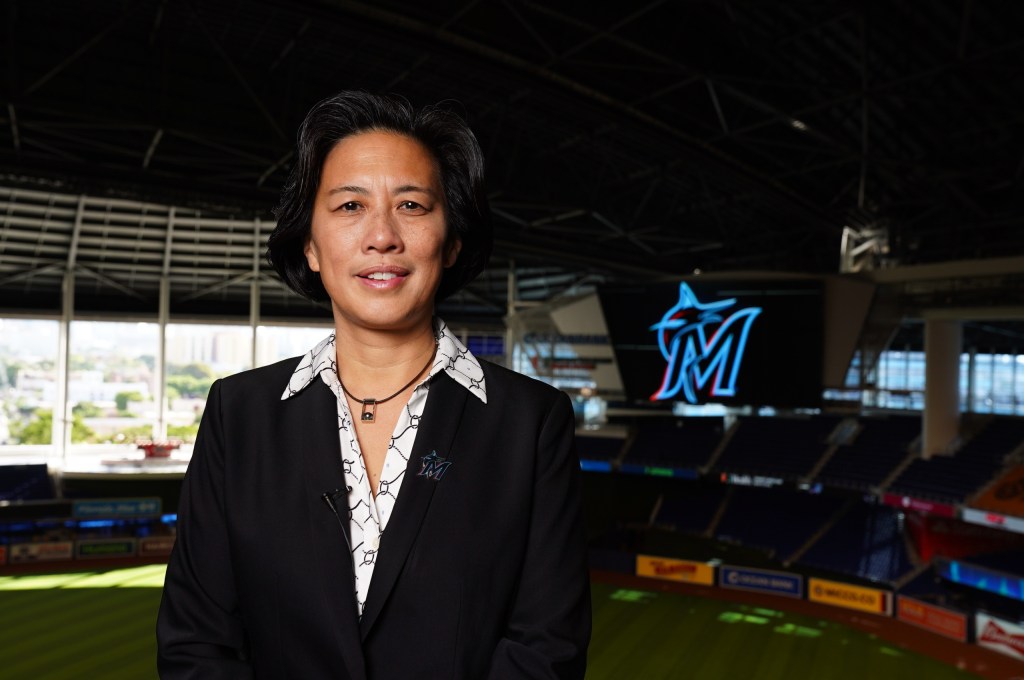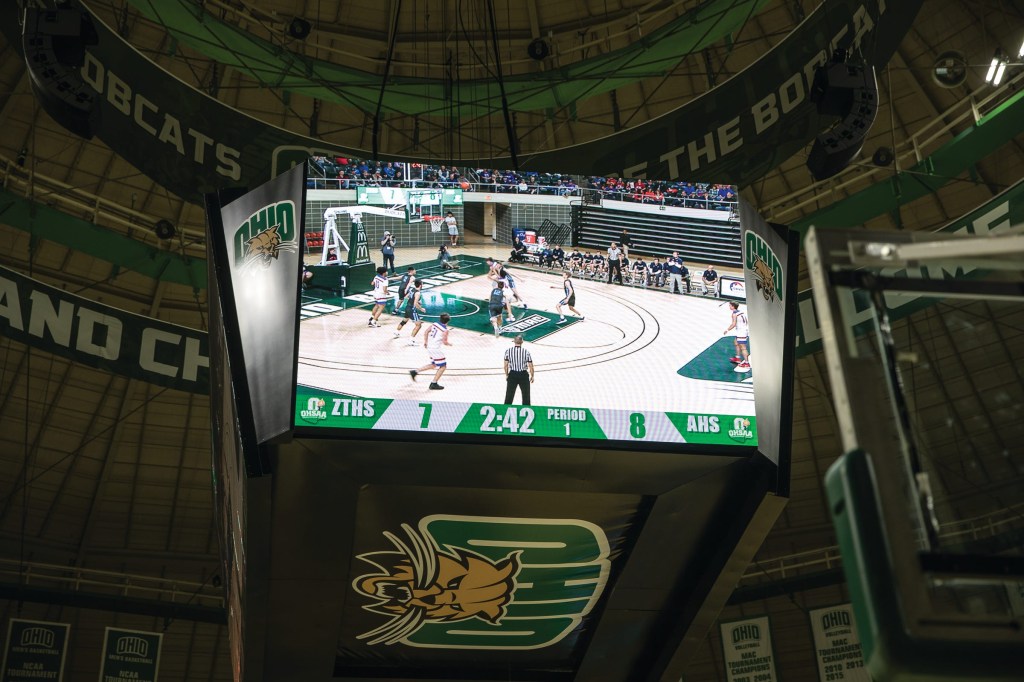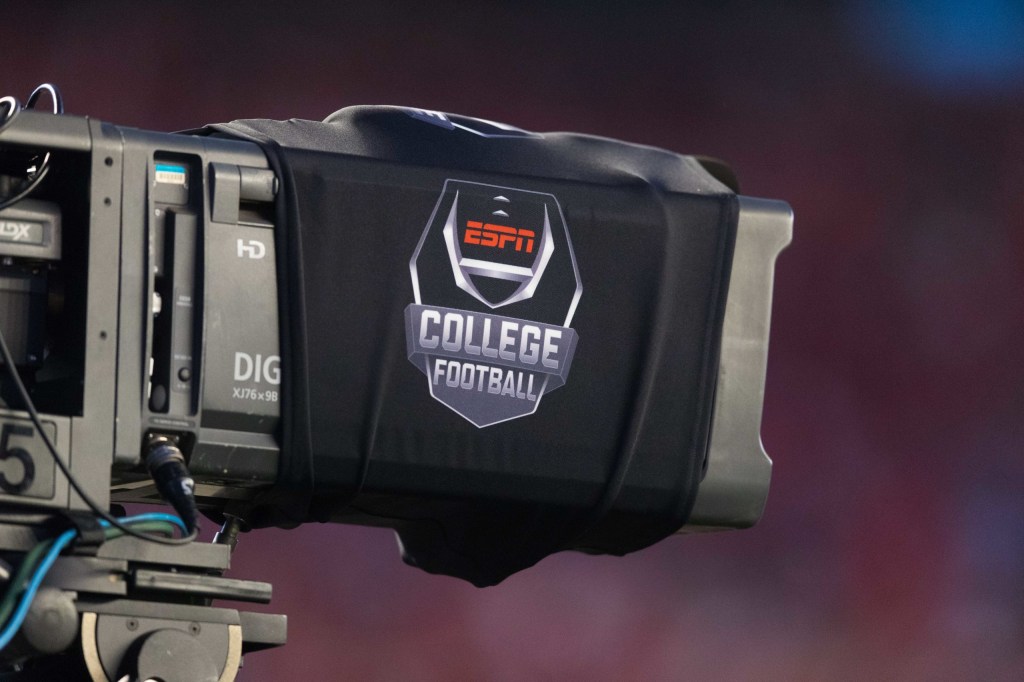Make sure you are prepared and the rest is history.

No two interviews are the same, as potential employers go about asking questions in different ways. These depend on the nature of the position and the company’s culture.
It’s always important to be prepared for anything an interviewer may ask you so that you can put yourself in the best position to succeed!
The Basic Information Questions
These are the standard table-setters that you’ll find in pretty much every interview. They generally summarize your education, interests, and basic profile details.
- Don’t over think these. You can be your own worst enemy by reading too much into these. Relax!
- Be yourself and use these to warm up to the interviewer and get rolling with answering questions.
The Resumé Questions
These tend to dig deeper into your prior work experience, volunteering, relevant coursework, and other aspects of your resumé that you have highlighted.
- Make sure you have a strong grasp of the work that you’ve done and can back it up with any details.
- Know what’s on your resumé. They’re going by what they see on paper, so make sure it is relevant to the position and that you can speak to all of it in relation to the position.
The Situational Questions
These tend to place you in a hypothetical situation where you need to make decisions, or ask you to recall and explain a situation that applies to the position’s skills, teamwork, or workplace challenges.
- Take some time to think your situation through. There’s no need to rush into a decision with the first thing that comes to mind (still answer in a timely manner of course)— rather, employers like to see rational, well-thought out plans of action.
- When it comes to applying a past growth situation to the question, be specific! Show that you have full grasp of your learning experience by highlighting key takeaways and actions that you took, as well as the challenges that you overcame.
- Paint a picture for the interviewer. Make them feel as if they can relate to the situation you are describing.
The Weakness Questions
A classic, employers often ask what your greatest weakness is as a person and candidate. They are looking to see if you can identify your skills and assess your abilities honestly.
- Come prepared with what you believe your weaknesses are. It’s always helpful to brainstorm potential responses to this questions prior to an interview. (ex. Time Management, Organization, Multi-Tasking, Confidence, Inexperience, etc.)
- While many may see this as a negative, having to poke holes into oneself, it is vital to look at this as a growth opportunity. Employers understand that no one is perfect. Everyone has their own strengths, but weaknesses too. Offer examples into how you plan to become stronger in this area! Show that you genuinely want to become better where you struggle.
If you liked this, click the???? to the left or below so other people will see this here on Medium.
The Contribution Questions
Another staple interview question type, these aim to see how you would assimilate into the team, workplace, and company culture. Employers are always interested in hearing what you think you can bring to the table.
- Make sure you’ve read (and understood) the job description and researched the company’s values and mission. Know what you’re going for!
- Know what your strongest skills are and what you can bring to the table. This comes down to your personal brand — it’s all about how you stand out and can distinguish yourself!
- Stay away from cliché, vague answers, including “hard work” and “team player.”
The Abstract Questions
Ah, the questions that never seem to make any sort of sense. These are designed to catch you off guard, and often leave you scratching your head looking for a rhyme or reason. How would you answer a question like “How many golf balls are there in the state of Florida?”
- These are all thinking-related. Interviewers love seeing your thought process in how you attack a question or dilemma, so don’t be afraid to talk out your problem solving.
- Work step-by-step. A lot of times, these questions don’t have answers per say, but rather a train of thinking that employers want to see you demonstrate.
- Remain confident! They also want to see how you deal with adversity and challenges, especially unexpected curveballs. Take a deep breath and try your best at logically thinking it through.
It’s important to keep in mind that, at the end of the day, you’re just having a conversation with another person. Be yourself, be proud of who you are, and be excited for the opportunity. Make the most of it! Good luck to everyone applying for positions in the near future.
Front Office Sports is a leading multi-platform publication and industry resource that covers the intersection of business and sports.
Want to learn more, or have a story featured about you or your organization? Contact us today.

